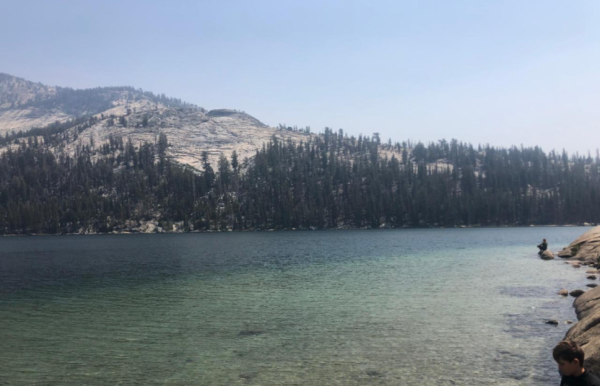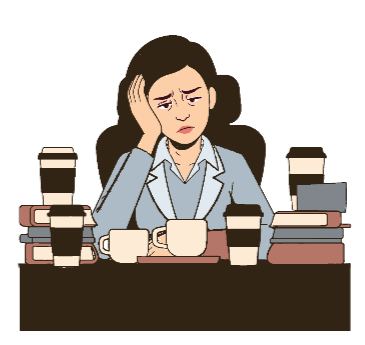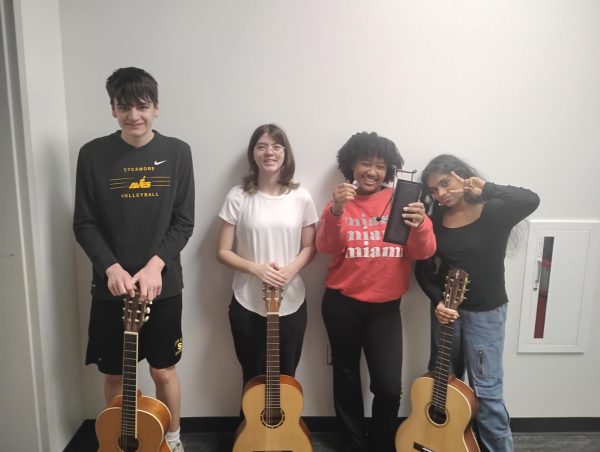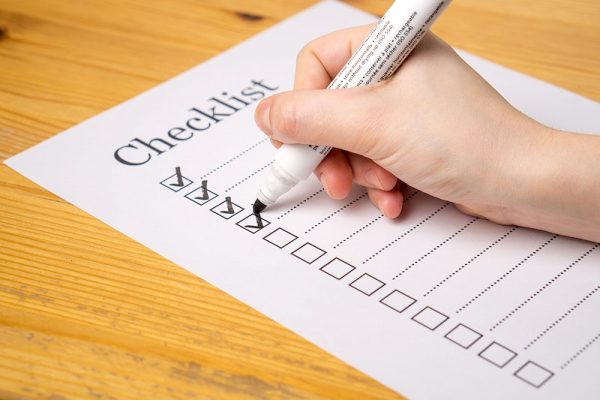Daylight savings time is over
Why does the time change anyways?
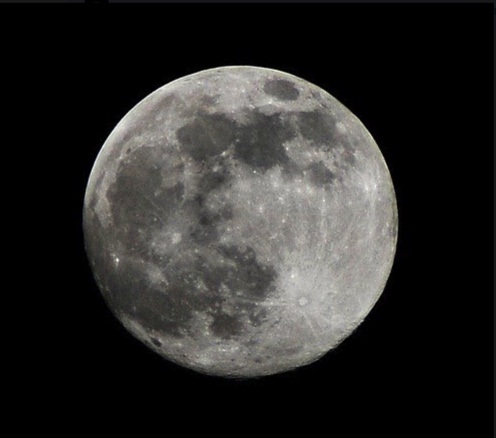
BEEP! BEEP! That dreadful sound of an alarm in the morning. You look out the window and realize how light it really is outside. Now how did that happen? Well, Saturday night was daylight savings and all of the clocks in the US fell back 1 hour. We are now officially out of daylight savings time. The darkness though unfortunately gives Vivian Henry, 9, a “sad vibe.”
Daylight savings time is officially over. Now we are in that dreadful time of the year when it gets dark at 5:30 p.m. and by 6 a.m. it is already light out. Everyone’s schedules are all thrown off and no one really knows the reasoning behind it. So why do we have daylight savings?
Daylight savings time is used to make “better use of daylight,” says WebExhibits. We add an hour of daylight to the afternoon in summer because people typically have a later start to the day. People want all the sunlight they can get. It’s fun in the summer to have later nights! However, we face the backlash of longer days once daylight savings time ends and days become much, much shorter.
In addition, daylight saving times allows for the conservation of energy. With more sunlight in the summer, less energy is used to power lights. Natural light is more apparent and thus lights don’t need to be turned on as often. According to Scientific American, the nation saved 1.3 trillion wats hours per day and “that amount [of energy] could power 100,000 households for a year.”
Now the time change is also causing a difficult alteration to several students sleep schedules. Vivian Henry, 9, says that “[she] gets tired at like 5:00 pm because that’s when the sunsets, but now [she is] more awake in the mornings because the sun is shining through the window.” She also explains to us that she simply doesn’t like the “vibe” that daylight savings gives off as the evenings are so dark.
A few other Sycamore students shared that the end to daylight savings time makes their drives to and school a little different as they now drive to school while the sun is out. Others shared that their dinners feel different since it is so dark around that time. Lastly, students shared that the end to daylights savings time just makes them feel more tired in the evening and more awake in the morning.
In conclusion, there are pros and cons to daylight savings. It helps limit electricity and make better use of daylight, but it, unfortunately, messes with everyone’s sleep schedules.



